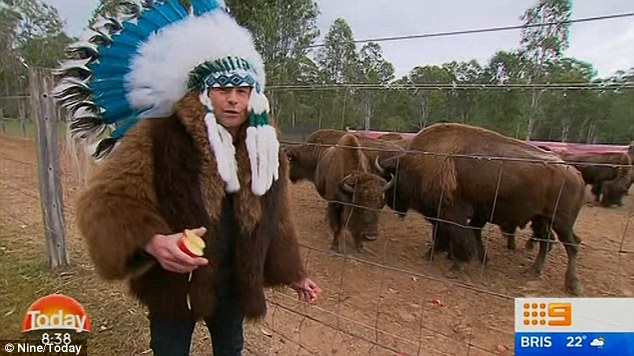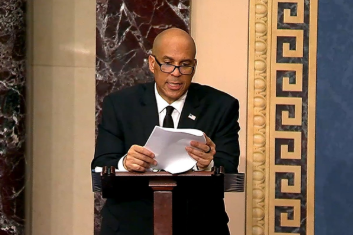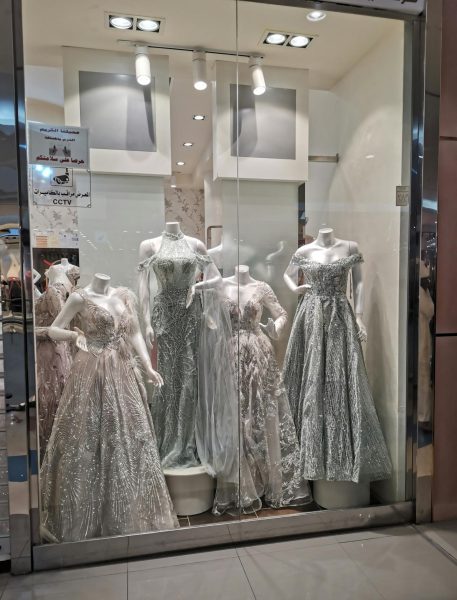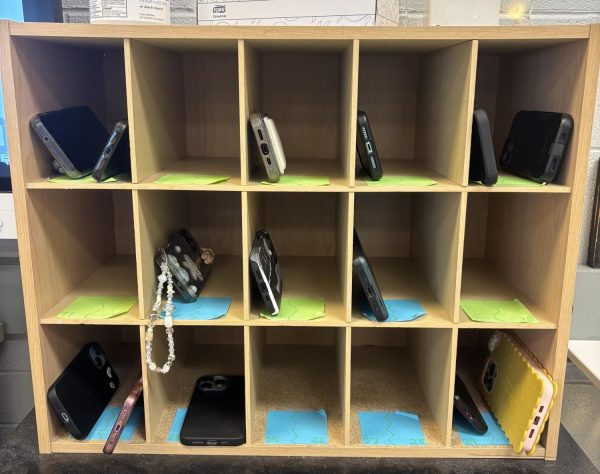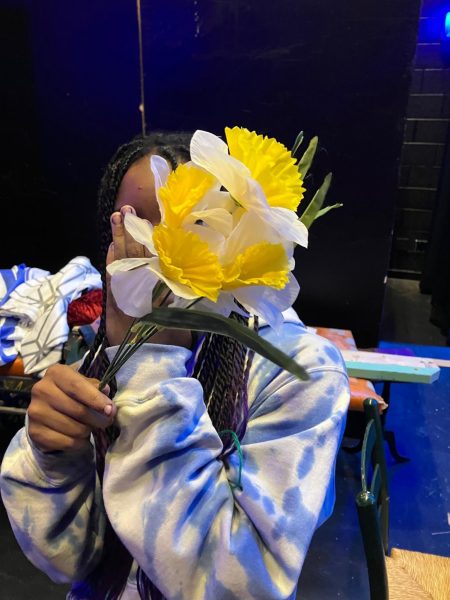Cultural Appropriation, Today
On the morning of June 2nd, ‘Today’ show hosts prepared for their special weather report for their ‘We Love Australia’ special. However, when cutting to weatherman Steve Jacobs, both the audience and hosts witnessed Jacobs dressed and decorated in a Native American costume and headdress. Jacobs was reporting live at Aranyani Bison Tourist Adventure Park in Myrtle Creek, Australia. Jacobs greeted the camera by saying, ”We’re at Aranyani Bison Park, now this is the only place in the country where I think you can dress up as a bison or Indian and go for an argo tour with the whole family.” After finishing his weather report, Jacobs went to Instagram to post many selfies of him in Native American outfits sitting in teepees with captions such as, ‘How from Aranyani Bison Ranch.’ During his report, Jacobs spoke with a strong Indian accent, then making the joke, ‘That’s the wrong Indian.’
Many viewers went to social media to complain about Steve Jacobs’ actions claiming it to be cultural appropriation, an adoption or use of elements from one culture used by another culture. The studio or its members have not yet released a statement on the upsetting segment. Spectrum decided to talk to some viewers about their feelings towards the clip, as well as shine a light on the cruelty of cultural appropriation. “In my opinion, Steven Jacobs’ actions were disrespectful and unprofessional. As a news reporter, the entire world has its eye on you, and to be so culturally insensitive and unapologetically so is a bad move morally and professionally,” said Jordin Manning, 19. “The Today Show should be aware that they are a news channel that everyone watches. Not just privileged white Americans or Australians or what have you. It’s on the basis of morality, inclusion and professionalism,” she added.
Lydia Kuzak, a junior at Harrison High School and leader of the Liberation of Colors club, added to this conversation by saying, “The oppressed are constantly harassed for their identity which devalues them and keeps them oppressed. Although recognizing the beauty of an undervalued culture may strengthen it, using parts of a culture that has been otherwise debased, and further mocking this culture unintentional or not, isn’t easy to accomplish without apprehension. So a rule of thumb to check for appropriation is asking yourself: ‘am I mocking, exploiting, cursing, debasing this culture’ ‘would someone from this culture be okay with what I’m doing/if I were him/her would I be okay with this’ ‘am I making a joke out of this, does this hurt anyone’s feeling, do I feel awkward around people of this culture’ and ‘how do I do this by making the least possible amount of backlash happen.’ Although the idea of cultural appropriation may seem like a part of a highly neurotic generation, it’s important to realize how deep seeded oppression dwells in our society and we, as a whole society, have to recognize ways to fight the lingering traces of it. That being the exploitation of a certain people. We have to appreciate something that has survived fervent intolerance. Now, the thing that will stymie the progress of tolerance is up to you; do you really want to wear a Native American headdress at Burning Man or wear a bindi for Halloween. I mean, come on.”
The Headdress of the Native American culture holds significance and symbolism. Headdresses were reserved for the most powerful member of the tribe and they were not made in one day. Each time the owner committed a brave act, a feather would be added. The more feathers one’s headdress had, the more noble and respectable they were. Headdresses are only worn by a chief or warrior, so for someone from a different culture wearing this can be seen as extremely offensive. Especially because of the history and the extermination and slaughtering of Native Americans. A white man wearing a part of their culture as costume can be extremely heart breaking and insensitive. Amsal Madhani, a Freshman at Barnard College gives insight on her opinions of cultural appropriation, “Cultural appropriation is ultimately responsible for the degradation of very important cultural elements.” She says, “When the majority takes advantage of a minority’s culture and uses it, it cripples the value and importance of the original culture. Cultural appropriation has a tendency to dramatize, glamorize, or commercialize certain cultural elements which is not good.”
Hopefully the Today Show learns from their lesson and makes conscious ideas in the future to prevent offensive content. People from all cultures watch and enjoy the show, so it is an important factor to be as respectful and modest about their viewers traditions and culture as possible. We all must learn to celebrate and embrace cultures instead of adopting them for mockery and profit.
Your donation will support the student journalists of West Bloomfield High School. Your contribution will allow us to purchase equipment and cover our annual website hosting costs.
Emma Lundgren is a Sophomore at WBHS and this is her second year writing for Spectrum. She enjoys writing about pop culture, school life and student opinion....


